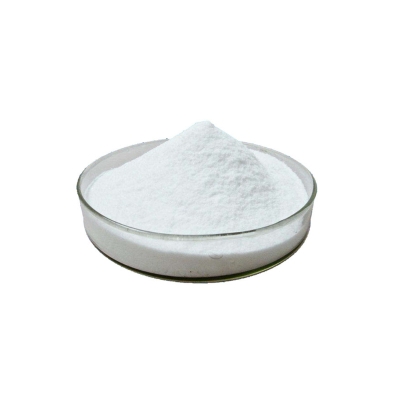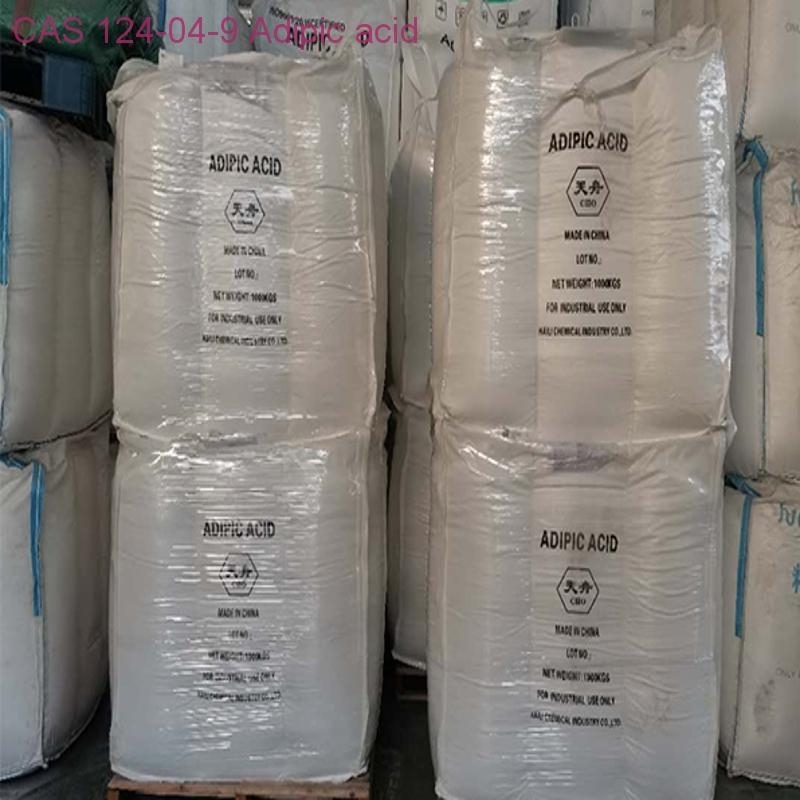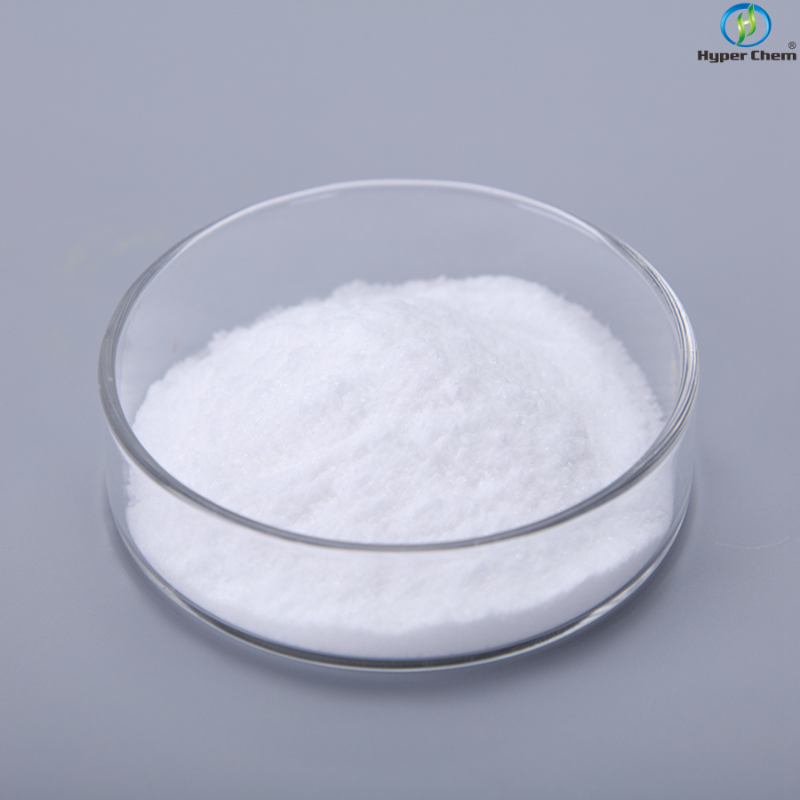-
Categories
-
Pharmaceutical Intermediates
-
Active Pharmaceutical Ingredients
-
Food Additives
- Industrial Coatings
- Agrochemicals
- Dyes and Pigments
- Surfactant
- Flavors and Fragrances
- Chemical Reagents
- Catalyst and Auxiliary
- Natural Products
- Inorganic Chemistry
-
Organic Chemistry
-
Biochemical Engineering
- Analytical Chemistry
-
Cosmetic Ingredient
- Water Treatment Chemical
-
Pharmaceutical Intermediates
Promotion
ECHEMI Mall
Wholesale
Weekly Price
Exhibition
News
-
Trade Service
Recently, the team of Professor Shen Lirong from the Department of Food Science and Nutrition of Zhejiang University, Dr.
This study selected 90 middle-aged and elderly women with high cardiovascular risk as experimental subjects, and carried out a 3-month double-blind randomized controlled feeding trial to explore the traditional Chinese dietary habits and cooking methods, using three different types of dietary fatty acids.
According to Shen Lirong, high-density lipoprotein cholesterol (HDL-C) and aspartate aminotransferase (AST) are both indicators related to cardiovascular health.
The effect of these three different vegetable oils on cardiovascular risk is related to their own fatty acid composition
"The content of unsaturated fatty acids in camellia oil is as high as 90%, and the content of monounsaturated fatty acids (MUFA) oleic acid is as high as 80%-83%.
With the idea of filling this gap, the research team designed and conducted the experiment
China is the country with the widest distribution of camellia plants in the world and the largest production base of camellia oil in the world
(Jiang Xiao)
Responsible editor: Xiao Zhihan Review: Peng Zonglu







